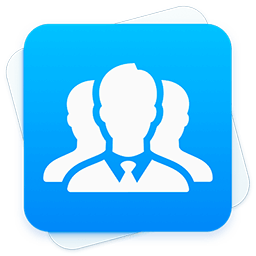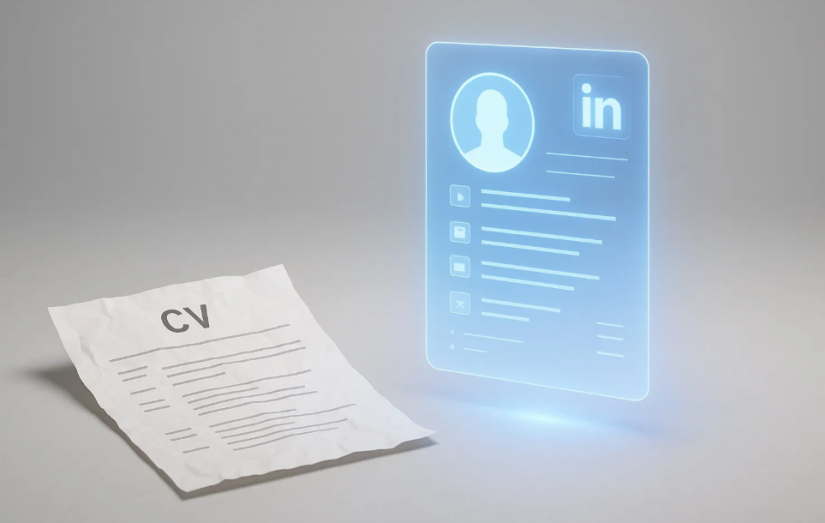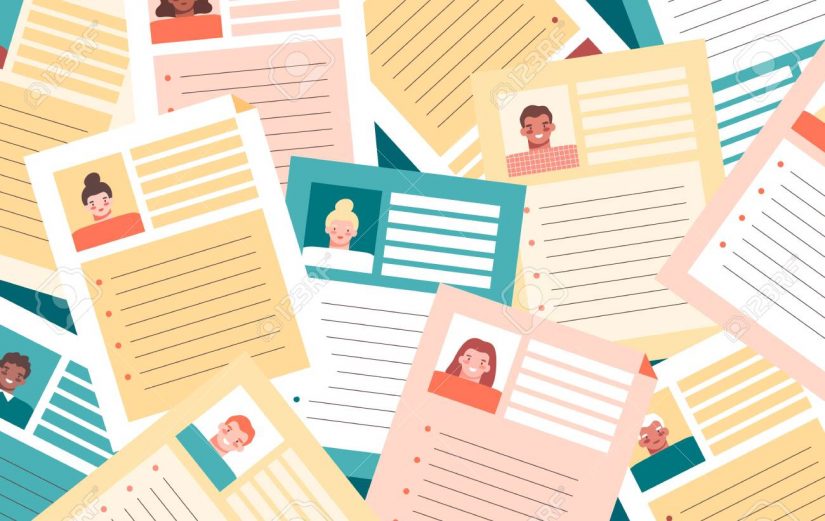From Resume to Personal Brand: Extending Your Document Across Platforms
In the modern job market, the resume is no longer a static document confined to a single page—it has become the cornerstone of a personal brand that extends across digital platforms. LinkedIn profiles, personal websites, online portfolios, and even social media accounts now form part of a unified professional identity. Recruiters and employers no longer rely solely on resumes; they Google names, scan LinkedIn, and browse portfolios before making decisions.
Highlighting Transferable Skills: Making Your Resume Relevant Across Fields
In a world where careers are rarely linear and job markets evolve faster than ever, the ability to highlight transferable skills has become one of the most valuable professional tools. Whether you’re switching industries, re-entering the workforce, or simply updating your resume for new opportunities, your success depends not only on what you’ve done—but on how you present it.
How to Incorporate Certifications and Courses
In an age defined by rapid technological change, the phrase “lifelong learning” has transformed from aspiration to necessity. Professional certifications, online courses, and micro-credentials have become an integral part of modern career development — not just for recent graduates, but for mid-career professionals adapting to new industries, technologies, and expectations.
Resume Storytelling: Crafting a Narrative That Connects
A resume has long been seen as a dry document — a checklist of jobs, skills, and dates that summarize one’s career. But in today’s hyper-competitive and personality-driven job market, a resume is no longer just a static list; it’s a story. It’s the distilled narrative of who you are, how you got here, and where you’re headed. The art of resume storytelling transforms a simple record into a powerful professional statement — one that connects, convinces, and stays in the recruiter’s mind long after they move to the next candidate.
Your First Resume: A Student’s Guide to Self-Discovery and Early Career Growth
In today’s fast-changing world, career planning no longer starts after college. More and more high school students are encouraged to explore future career paths through internships, volunteering, or part-time work. Writing a resume as a teenager might seem unnecessary at first, but it’s actually one of the most valuable exercises for personal growth and self-awareness.
Resumes for Creative Professions: Balancing Visuals and Professionalism
In creative professions, your resume is more than just a list of jobs—it’s an introduction to your aesthetic, style, and attention to detail. Whether you are a designer, illustrator, writer, or multimedia artist, your resume must strike a balance between visual appeal and professional clarity. The challenge lies in presenting creativity without compromising readability or ATS (Applicant Tracking System) compatibility.
How to Write a Resume When Switching Careers
Switching careers can be both an exciting and challenging journey. Whether driven by personal passion, market trends, or a desire for a better work-life balance, moving into a new professional field requires thoughtful preparation. One of the most critical tools for successfully transitioning is a carefully crafted resume. Unlike a standard resume, a career-change resume must not only highlight transferable skills but also demonstrate adaptability, potential, and a clear motivation for the shift.
How to Format a One-Page Resume
In today’s fast-paced job market, hiring managers often spend mere seconds scanning each resume. That’s right—just a few fleeting moments to decide whether you make it to the next round. That’s why a one-page resume isn’t just a convenient format; it’s a strategic tool. A well-crafted one-page resume allows you to tell your professional story succinctly, demonstrating clarity, relevance, and professionalism all at once. The goal is to make your resume as easy to read as a well-designed book, with a narrative flow that guides the reader from your name at the top to your most impressive achievements at the bottom.
How to Tailor Your Resume for Different Industries
In a competitive job market, a resume is far more than a chronological list of jobs — it is a strategic marketing document. Employers rarely have time to read every detail; they scan for relevance, clarity, and fit. Tailoring your resume to the specific expectations of each industry is no longer optional — it is essential.









